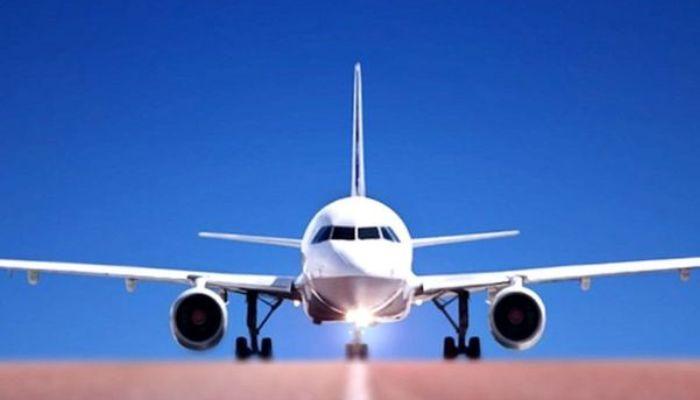Four weeks after President Muhammadu Buhari made a special appeal to the UAE to reverse the blanket visa ban clamped down on Nigerians and offered to resolve the huge pile of forex trapped in the country by Emirates airlines, the situation appears to have worsened.
On February 14, Buhari spoke to the UAE leader Sheikh Mohamed bin Zayed Al Nahyan to condole with him and in that call the Nigerian leader appealed for a review of the blanket visa ban imposed on Nigerians intending to travel to the UAE.
He also requested a resumption of the suspended operations of Emirates Airline in the country assuring the UAE President that the issue of the Emirates funds was receiving appropriate attention alongside those of other foreign airlines operating in Nigeria for he had directed the Central Bank of Nigeria (CBN) to increase foreign exchange allocation to the airline.
However, it has now emerged that not only has Nigeria not resolved the forex blockade, but the amount of foreign airlines funds held up in Nigeria has also now risen to an all-time high of at least $744 million, according to a letter written by International Air Transport Association.
Read also: Global airlines see reduction in fatal accidents, risks in 2022 – IATA
“For over a year, Nigeria has been the country with the highest amount of airline-blocked funds in the world,” IATA said in a letter to the Minister of Aviation Hadi Sirika, according to the newspaper. The amount owed has risen from $464 million in July last year.
Foreign airlines have cut the number of seats available for sale in Nigeria and the frequency of flights in a bid to slow the rising debt burden, IATA said.
The central bank in Africa’s biggest economy rations dollars to preserve its foreign exchange reserves, which have come under pressure from slumping oil production. Foreign airlines sell tickets in local currency but are unable to get the dollar equivalent through the central bank.





